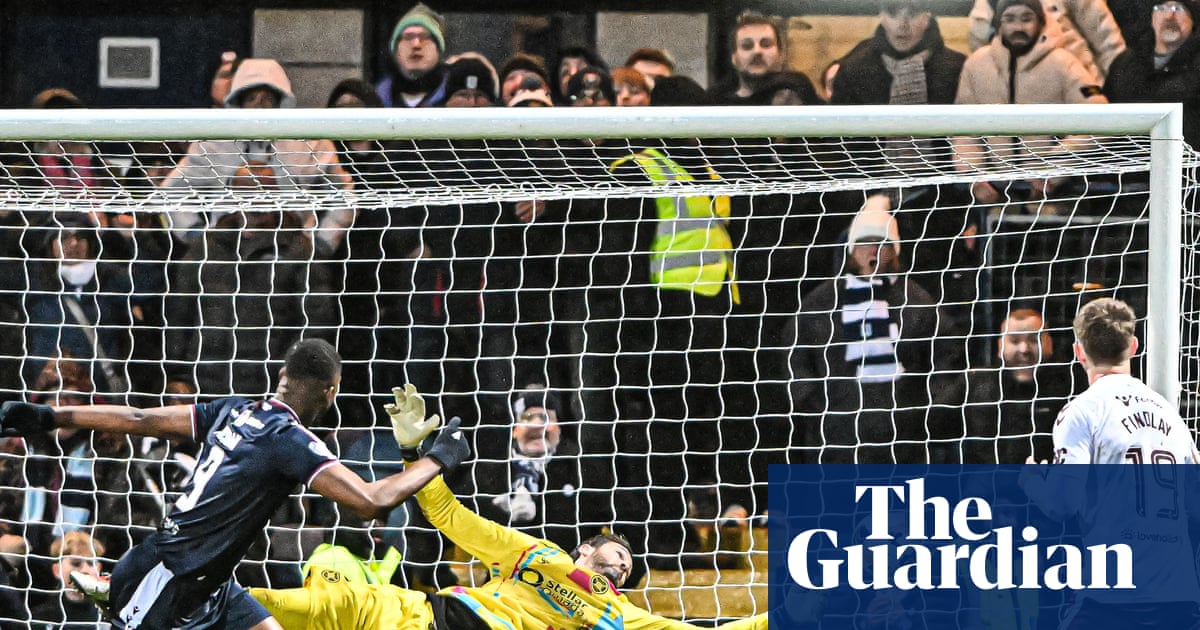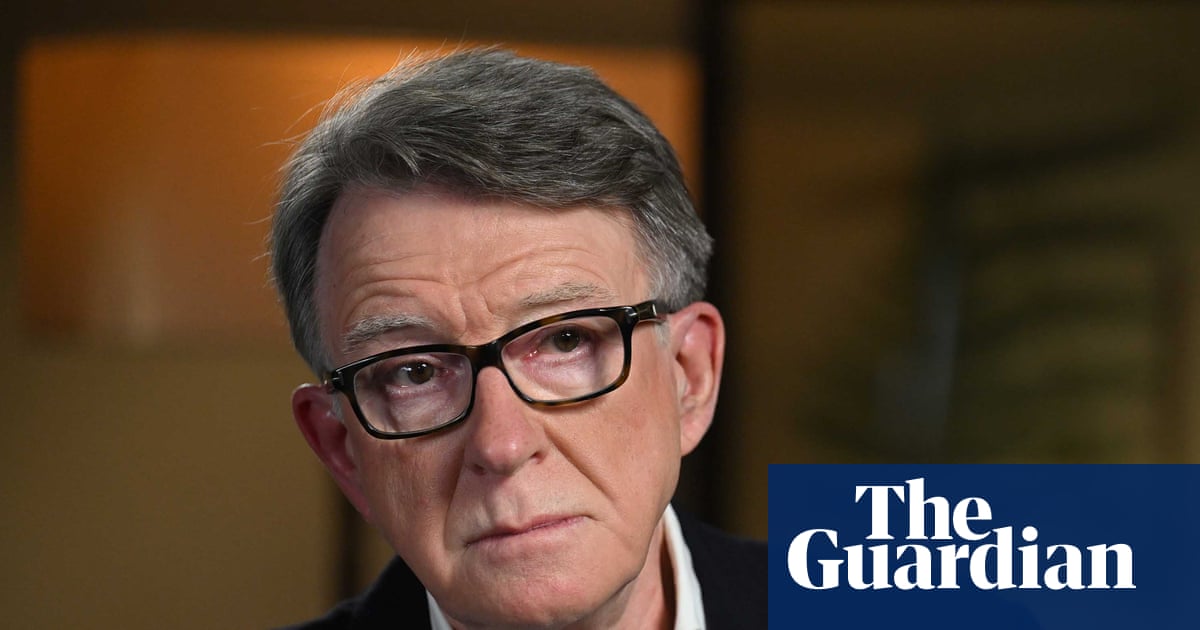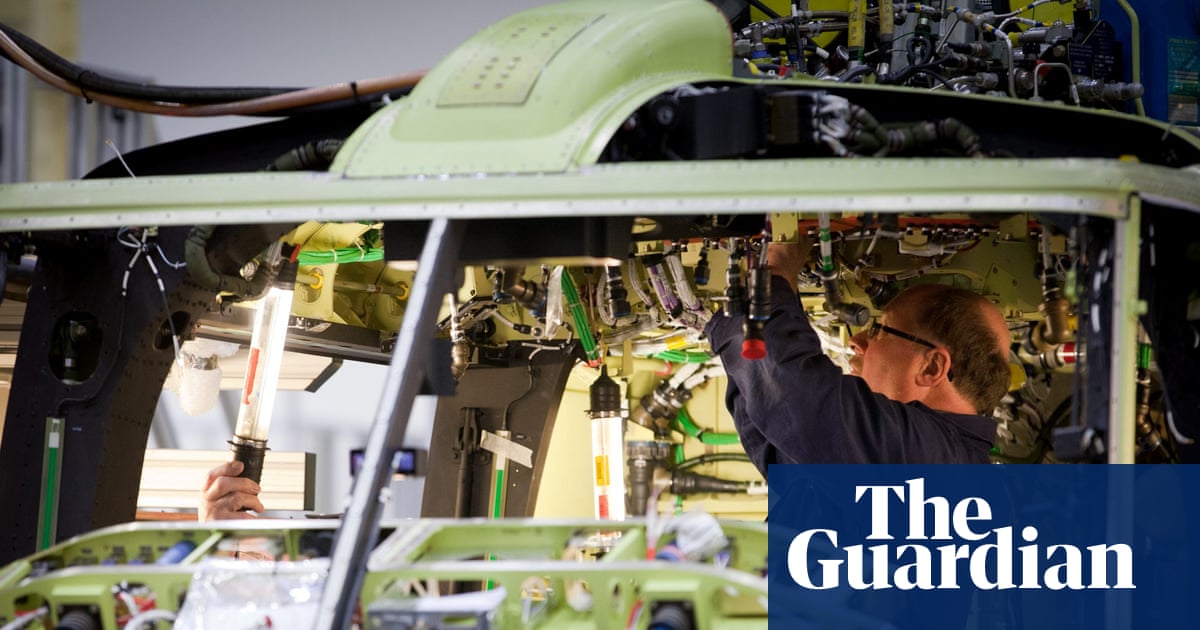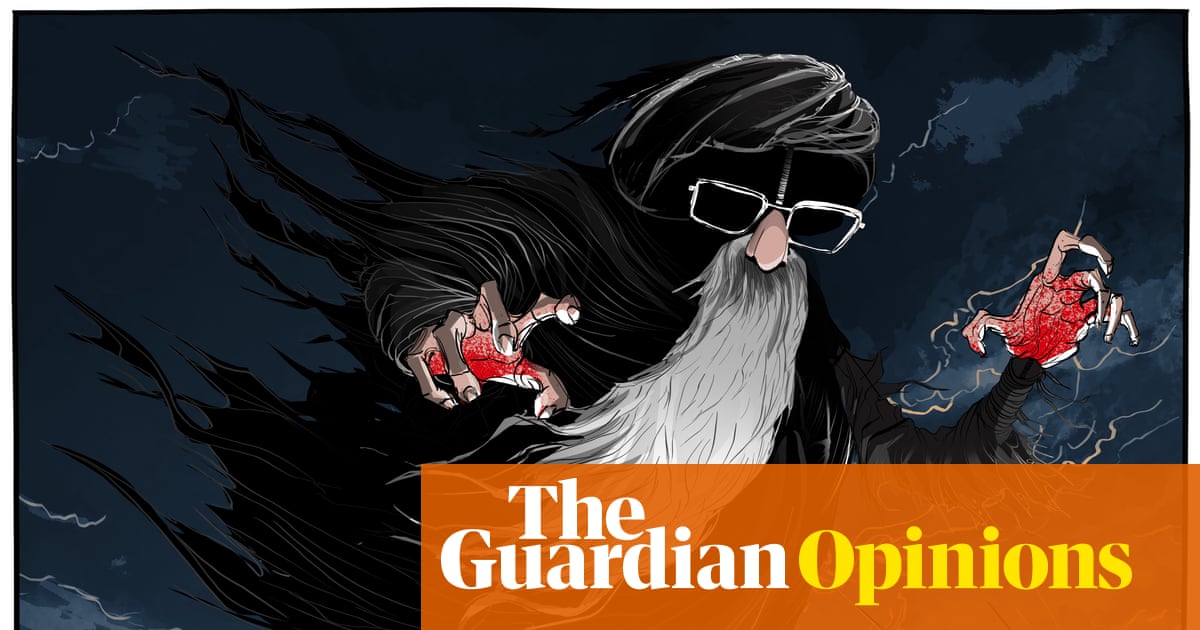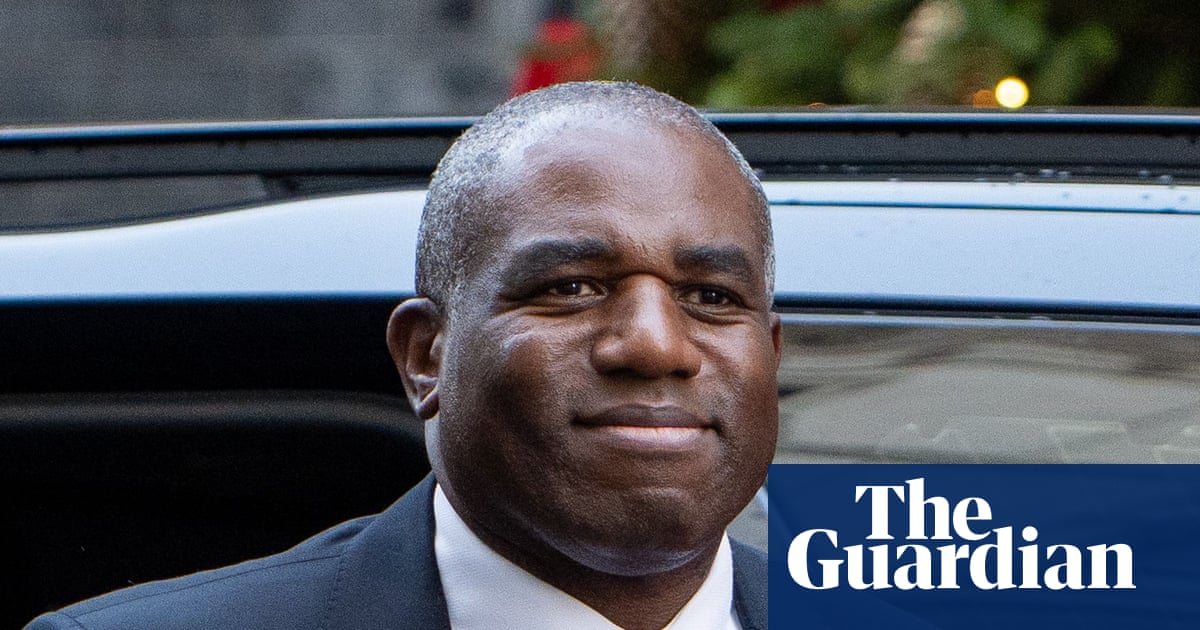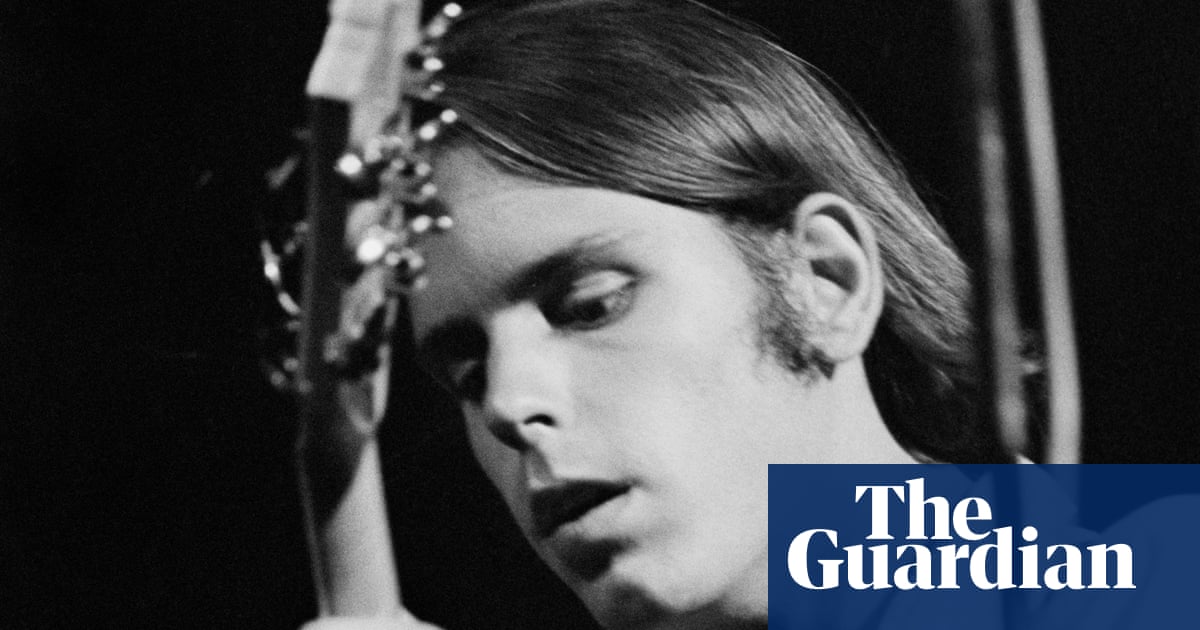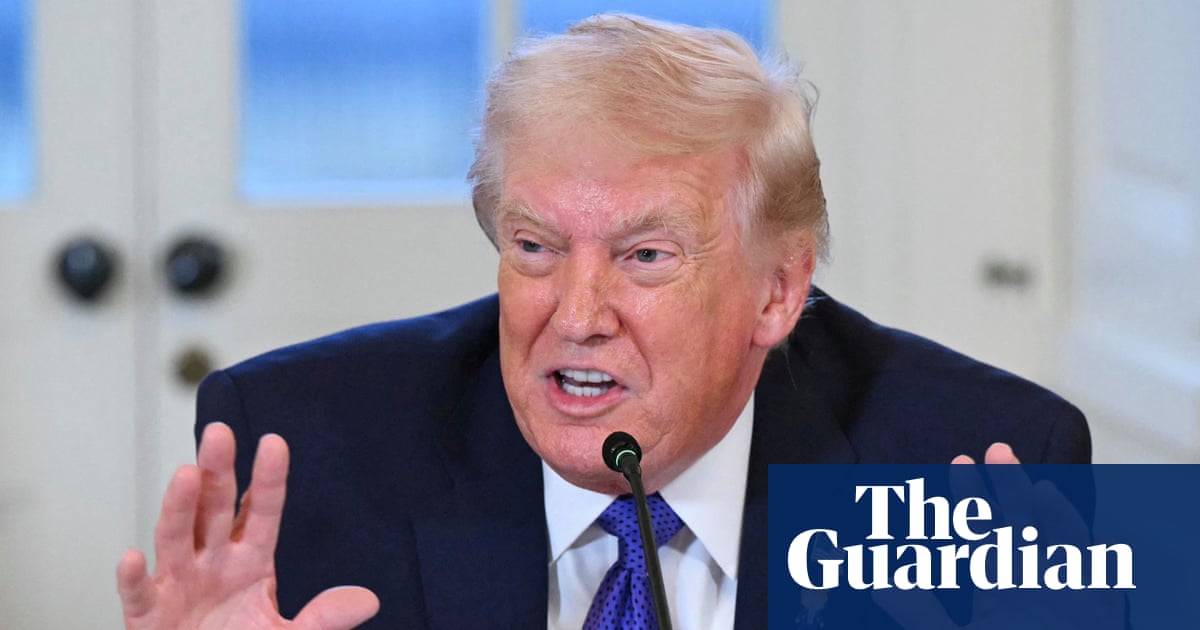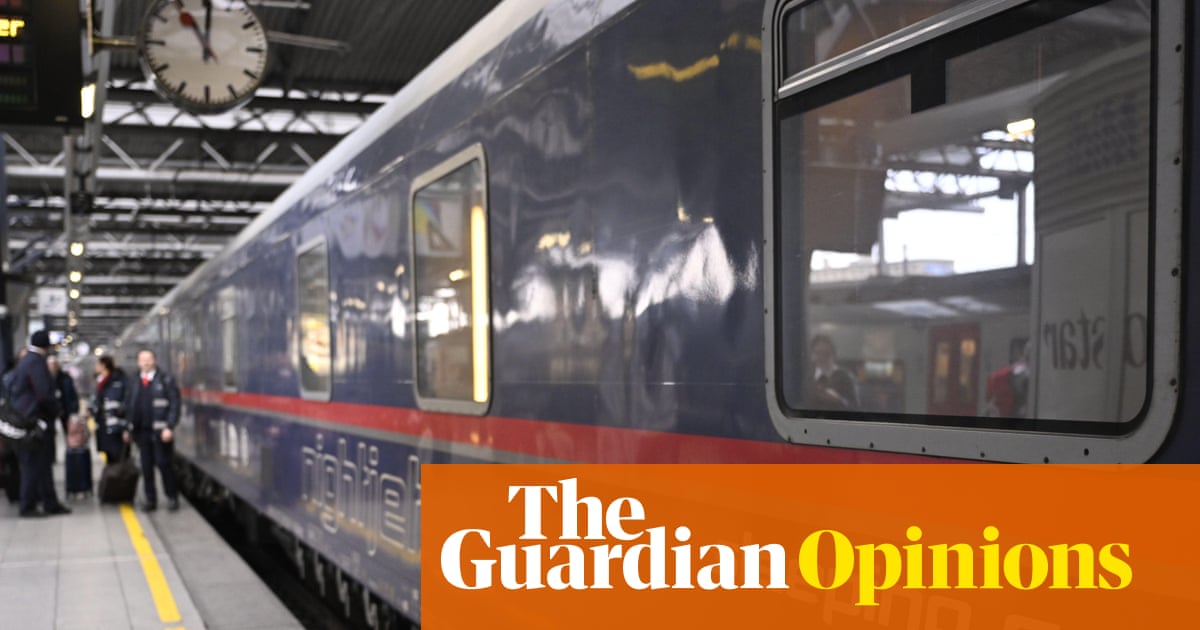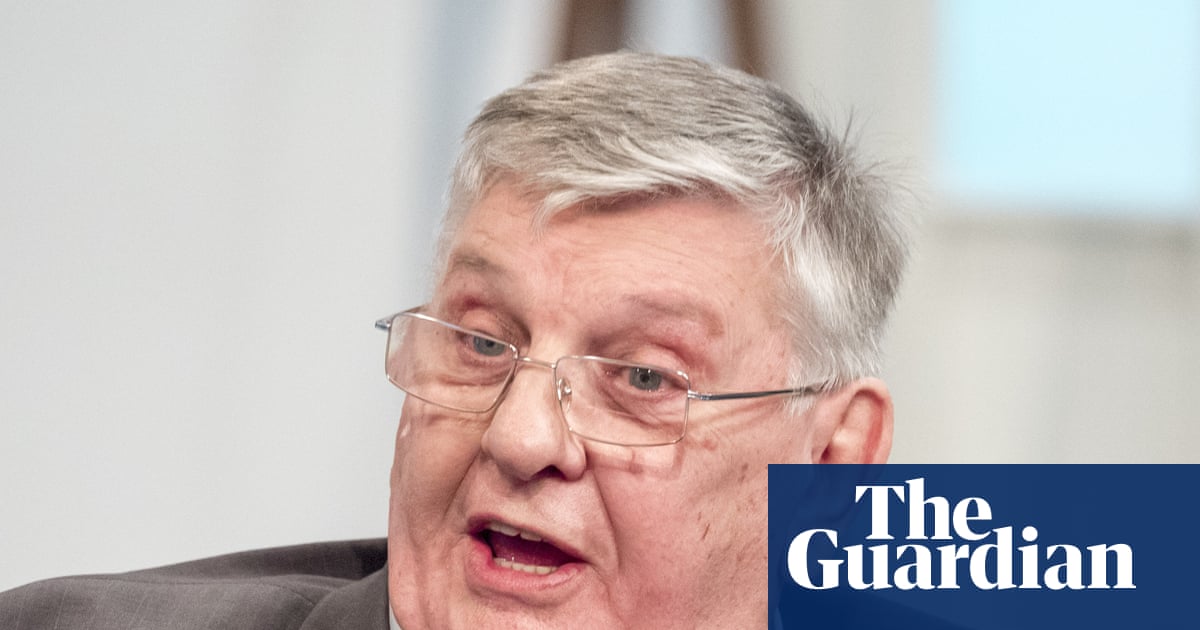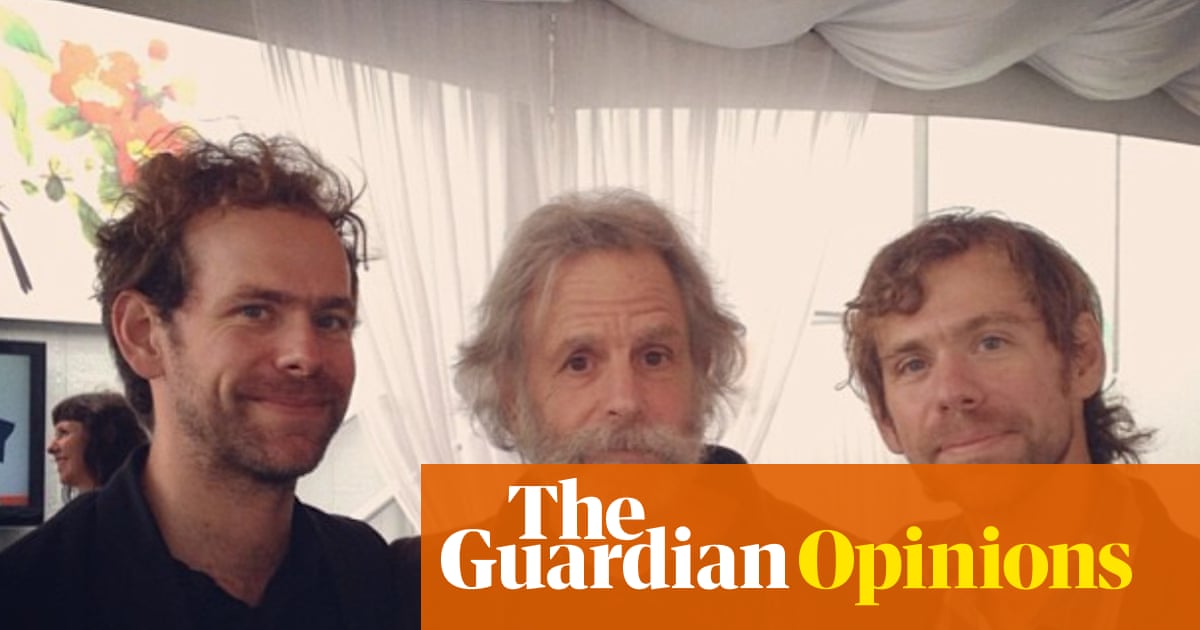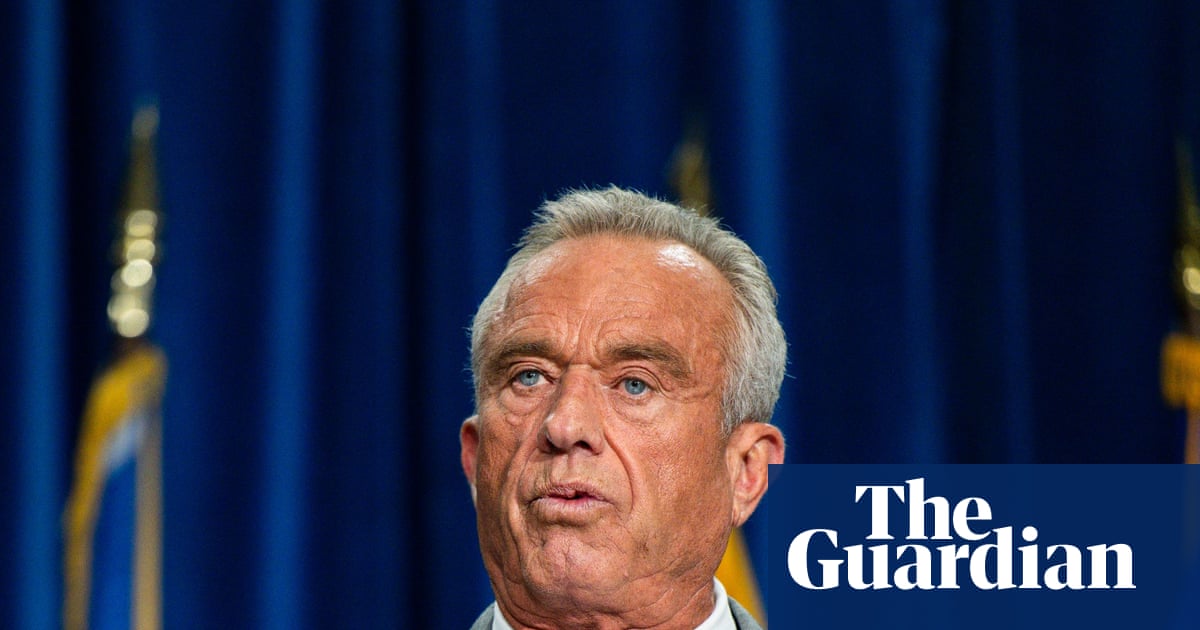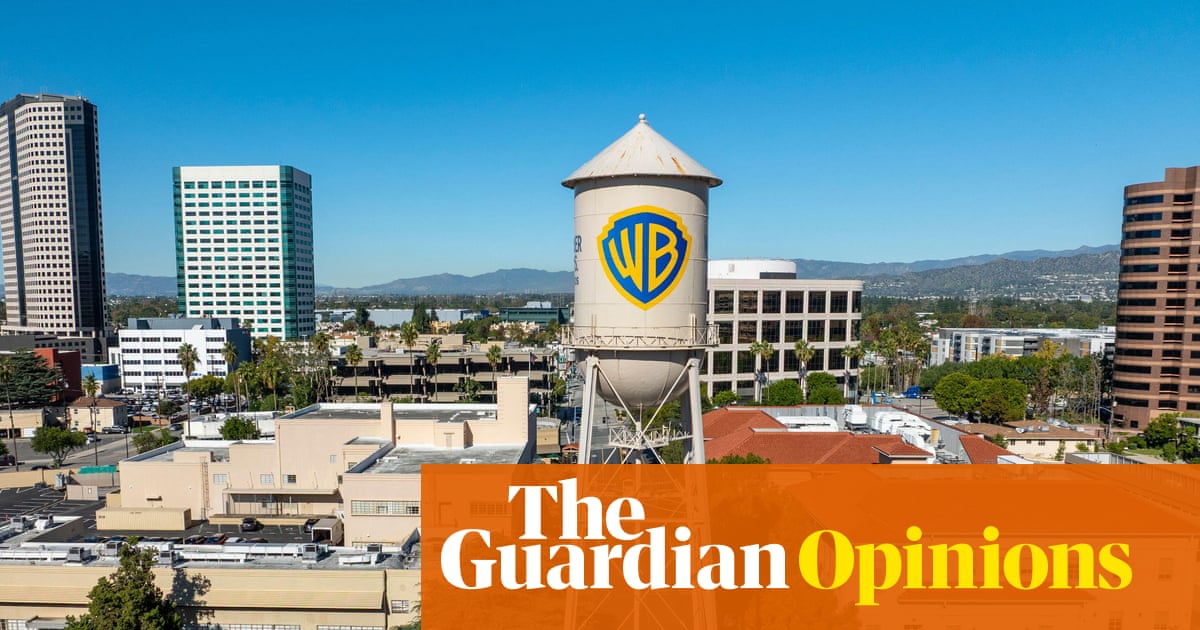Delivering her state of the union address in Brussels last week, the European Commission president, Ursula von der Leyen, painted a grim but accurate picture of the challenges faced by Europe as the first quarter of the 21st century draws to a close. “A world of imperial ambitions and imperial wars,” she noted, is “a world in which dependencies are ruthlessly weaponised. And it is for all of these reasons that a new Europe must emerge.”
Few would quibble with that analysis. As Ms von der Leyen spoke, the news that Nato aircraft had shot down Russian drones over Poland graphically underscored her point. In an era of great power rivalry in which the United States has become an unreliable ally, there is an emerging consensus that the European Union must be more robust in defending its own interests and championing its own values.
Whether Ms von der Leyen is the right leader to help deliver that is another matter. Her second term has thus far been defined by diplomatic passivity beyond the EU’s borders and a painful lack of ambition within them. On Ukraine and Gaza, as the former president of the European Central Bank Mario Draghi recently pointed out, Brussels has mostly been “a spectator” as Donald Trump’s contentious peacemaking efforts have been brazenly ignored by Vladimir Putin and Benjamin Netanyahu.
In her speech, Ms von der Leyen responded to a growing chorus of criticism by calling for a partial suspension of the EU’s trade and cooperation agreement with Israel. Welcome, but too little too late. Disagreement among member states – and the paralysing requirement for unanimity before sanctions can be imposed – has hobbled the EU’s response to a genocidal war that has horrified European populations. But Brussels has signally failed to show the kind of leadership that could shift the dial.
An embarrassingly one-sided trade deal struck with the US, which imposed 15% tariffs on EU exporters while removing existing tariffs on US goods, was another display of weakness. Renewed White House threats over the treatment of US tech giants indicate that Mr Trump has simply banked that win before launching the next bullying onslaught. And although Ms von der Leyen last week reaffirmed her commitment to climate goals, the growing influence of far-right MEPs has provoked a series of damaging U-turns on green policy.
A paradigm shift is needed if the “new Europe” to which Ms von der Leyen alludes is truly to emerge, and if its voice is to be heard in a darkening multipolar world. In a landmark report published last year, Mr Draghi called for vastly greater investment in Europe’s security, infrastructure and technology, enabled by common debt, a greater pooling of sovereignty and more cohesive and integrated markets. Ms von der Leyen pledged to place this bold strategy at the heart of the commission’s plans, but so far barely a tenth of its recommendations have led to action.
Unless that rapidly changes, the bloc’s ongoing economic malaise – and its related vulnerability to growing Chinese competition and Mr Trump’s blustering demands – is likely to deepen. A strong, unified Europe is needed to stand up for liberal values in an era of “imperial ambitions and imperial wars”. Ms von der Leyen, and fellow European leaders, may be running out of time to build one.

 3 months ago
113
3 months ago
113

